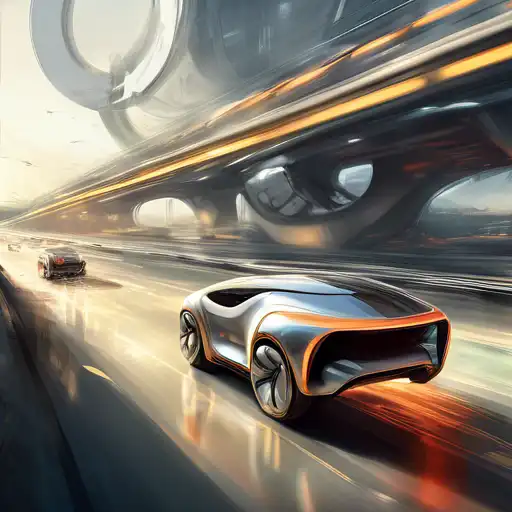Revolutionizing Roads: The Future of Automotive Technology
The automotive industry is at a pivotal moment in history, with technological advancements driving us into a future that was once the realm of science fiction. From electric vehicles (EVs) to autonomous driving, the way we think about transportation is undergoing a radical transformation. This article explores the cutting-edge innovations shaping the future of automotive technology.
Electric Vehicles: Leading the Charge
Electric vehicles are no longer a niche market but a significant part of the automotive landscape. With major manufacturers committing to electrify their fleets, EVs are set to dominate the roads. The benefits are clear: reduced emissions, lower running costs, and a smoother driving experience. Innovations in battery technology are extending ranges and reducing charging times, making EVs more practical for everyday use.
Autonomous Driving: The Road to Self-Sufficiency
Autonomous driving technology is advancing rapidly, with companies testing vehicles that can navigate without human input. These self-driving cars rely on a combination of sensors, cameras, and artificial intelligence to make split-second decisions. While fully autonomous vehicles are still in the testing phase, features like adaptive cruise control and lane-keeping assist are already making driving safer and more convenient.
Connected Cars: A Network on Wheels
The concept of connected cars takes the idea of a smartphone on wheels to the next level. These vehicles can communicate with each other and with infrastructure to improve traffic flow, reduce accidents, and even find parking spots. With the integration of 5G technology, the potential for connected cars is limitless, offering real-time data exchange and enhanced entertainment options.
Sustainability: Beyond Electric
While electric vehicles are a step in the right direction, the automotive industry is exploring other sustainable technologies. Hydrogen fuel cells, for example, offer a zero-emission alternative with the added benefit of quick refueling times. Additionally, manufacturers are investigating the use of recycled materials and more efficient production methods to reduce the environmental impact of vehicle manufacturing.
Conclusion
The future of automotive technology is bright, with innovations that promise to make transportation safer, cleaner, and more efficient. As we move forward, the integration of these technologies will redefine our relationship with vehicles and the road. The journey into the future of automotive technology is just beginning, and it's one that promises to be as exciting as it is transformative.
